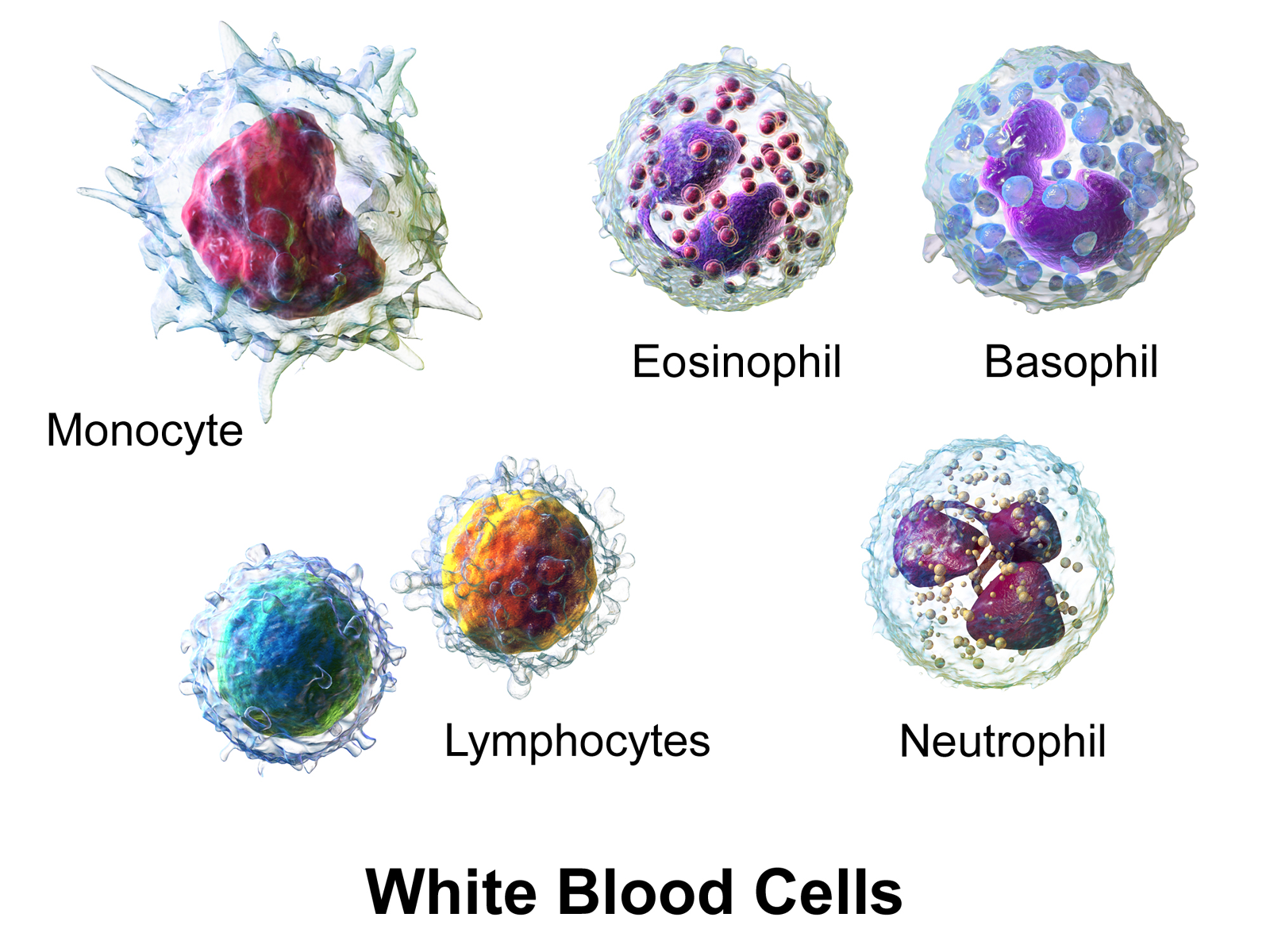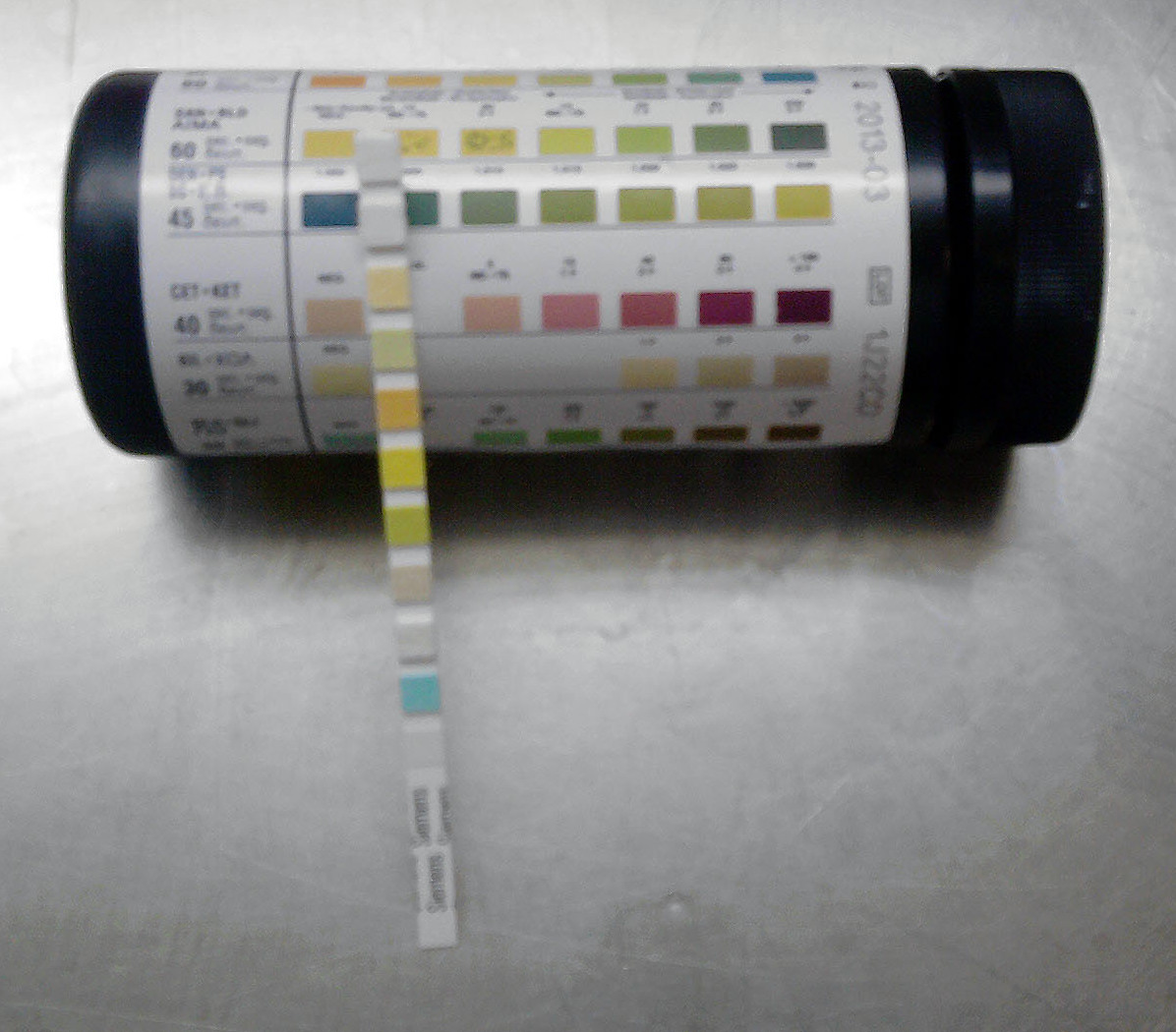Our beloved canine companions can't always tell us what's wrong. Fortunately, veterinary medicine has a powerful tool at its disposal: laboratory diagnostics. These analyses of blood, urine, and other bodily fluids provide veterinarians with invaluable clues to a dog's health, leading to accurate diagnoses and effective treatments.
Unveiling the Cellular Secrets: Complete Blood Count (CBC):
A CBC is a foundational lab test that examines various components within a blood sample. Imagine a microscopic detective kit, dissecting the cellular makeup of your dog's blood.
Red Blood Cells (RBCs): These tiny soldiers carry oxygen throughout the body. The CBC measures their count, size, and shape. Abnormalities can indicate anemia, dehydration, or internal bleeding
White Blood Cells (WBCs):These are the body's defense system, fighting infections and inflammation. The CBC reveals the total WBC count and the proportions of different types, providing insights into infections, immune disorders, or even cancer.
Platelets: These champions form blood clots to prevent excessive bleeding. The CBC assesses their quantity, helping diagnose clotting disorders.
By scrutinizing these cellular elements, the CBC offers a comprehensive picture of your dog's blood health.
Decoding the Chemical Landscape: Blood Chemistry Panel:
Building upon the CBC, a blood chemistry panel delves deeper, investigating the levels of various chemicals coursing through your dog's bloodstream. Think of it as a bloodwork chemistry lab, analyzing the balance of essential substances.
Organ Function: The panel evaluates the performance of vital organs like the liver, kidneys, and pancreas by measuring enzymes and waste products they produce. Elevated levels can signal organ dysfunction.
Electrolytes: These electrically charged minerals are crucial for nerve and muscle function. The panel ensures proper electrolyte balance to maintain your dog's well-being.
Proteins: The panel assesses proteins like albumin, indicating potential nutritional deficiencies or inflammatory conditions.
Together, these chemical measurements unveil a wealth of information regarding your dog's internal chemical landscape.
Beyond Blood: A Diagnostic Arsenal:
While blood tests are workhorses of diagnosis, veterinarians employ a broader arsenal of lab tests:
Urinalysis: Analysis of urine composition can reveal urinary tract infections, kidney problems, or diabetes.
Fecal Tests: These tests screen for intestinal parasites, diarrhea-causing pathogens, or even internal bleeding.
Imaging Techniques: X-rays and ultrasounds provide visual insights into your dog's bones, organs, and internal structures.
By integrating lab results with other diagnostic tools, veterinarians construct a comprehensive picture of your dog's health, paving the way for targeted treatment plans.
The Power of Early Detection:
Early diagnosis is key to successful treatment. Regular veterinary checkups with lab testing can detect health concerns in their early stages, when they are often more manageable. Think of it as preventative maintenance for your dog's well-being.
Conclusion:
Laboratory diagnostics are powerful allies in safeguarding our furry friends. By deciphering the hidden messages within blood, urine, and other samples, veterinarians gain invaluable insights into canine health. These insights lead to accurate diagnoses, effective treatments, and ultimately, a longer, happier life for our beloved canine companions. So next time you visit the vet, remember the unsung heroes: the lab tests that play a critical role in keeping your dog healthy.


